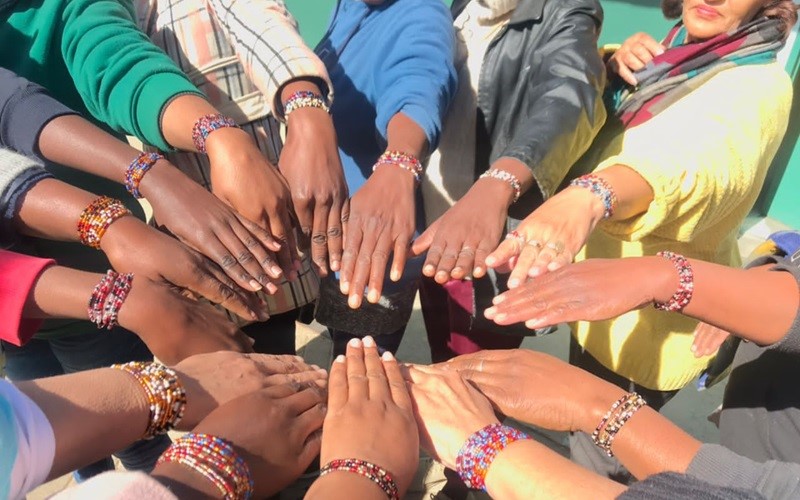
By Dr Jyotsna Jha
COL Director: Skills
This year’s UN theme for International Women’s Day could not have been more instrumentalist – asking for greater investment in women as it creates employment, adds to GDPs and creates a more equal world. Yet, there is no denying the fact that investment in women can really accelerate progress, and perhaps this is the only way to get heard! Although we continue to hear the arguments for human rights and gender equality on all possible fora, governments and all other powerful institutions are far more receptive to ideas if they are backed by economic arguments. Therefore, there is no harm in using it as long as it doesn’t lead to diverging from the main agenda of transformative women’s empowerment.
What do we mean by transformative women’s empowerment? We don’t need to redefine it – it has been articulated brilliantly by several scholars. A few common features of empowerment are change in power and control, having agency and freedom to choose and decide, and the ability to access resources and work towards change. They may seem like big words, but these big words are essential for transformation, which refers to a big change! It is true that women’s positioning has not remained the same over time and space, and we have made notable progress, but it is also true that there are still miles to go to really achieve the big change that these big words signify.
Education, including skills and knowledge, has been recognised as one of the important contributors to the process of women’s empowerment. Investment in women’s education and training has contributed to economic growth in a number of developed countries, which in turn has led to the attainment of far greater agency and control of women’s own lives in a historically short period of time. For instance, barely a century ago women in most western countries did not have even a right to vote. But when the change came in voting rights, it also brought change in other realms of women’s lives in those countries. Despite a far louder voice for gender equality, the same trajectory has not worked consistently for women in the developing world. There is far more unevenness in terms of women’s status in different aspects of their lives. This is not to say that there is no remaining challenge on this front in developed countries but to recognise that the pathways of change seem to be more difficult and complex in the developing world.
In such a context, we at the Commonwealth of Learning (COL) believe that open education can play a major role in empowering women, helping them to claim their agency, and to contribute to the progress of their economies and societies. However, like all other channels of education, open education also must be truly equitable, quality-driven and gender-responsive to be able to lead to the imagined transformation that all those who argued and fought for women’s empowerment for centuries have been referring to. This cannot be attained until we make it a priority for investment, which will also indeed accelerate progress on all fronts!


